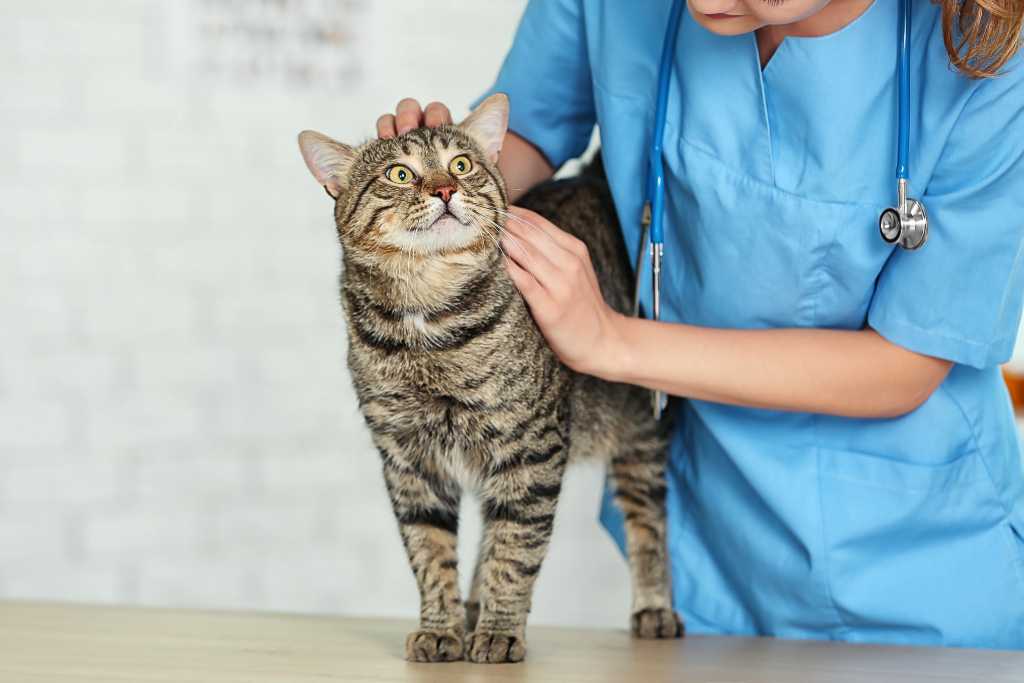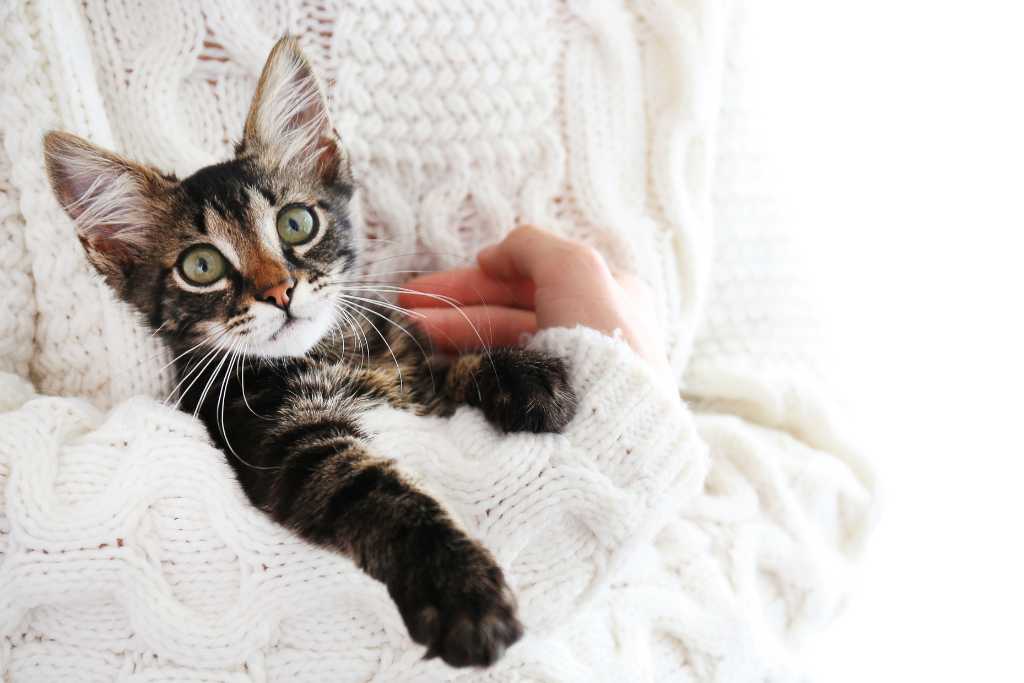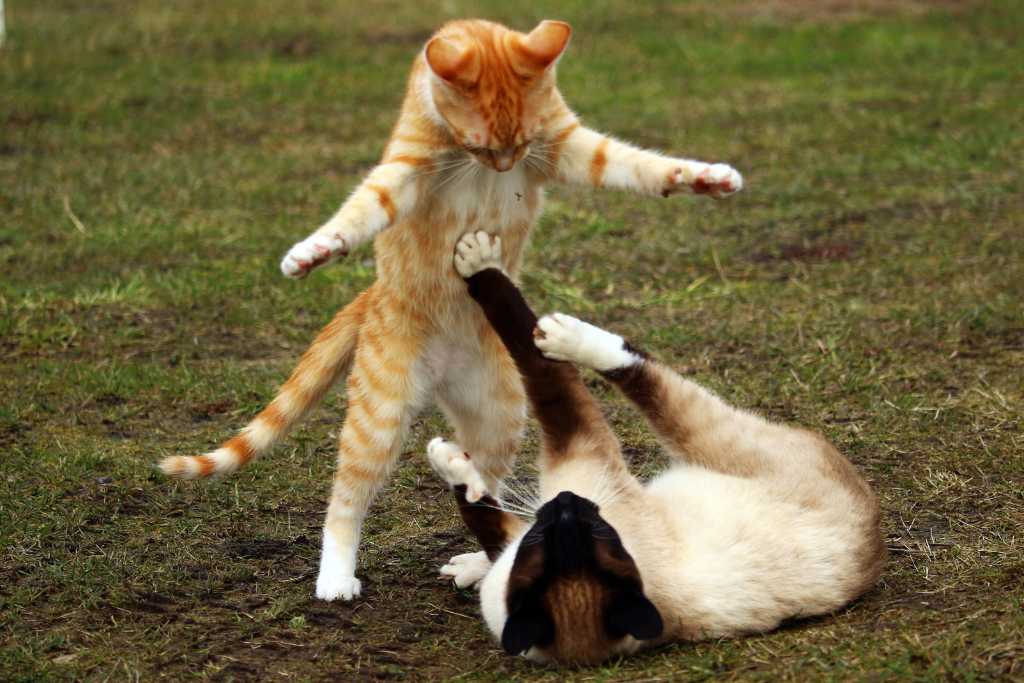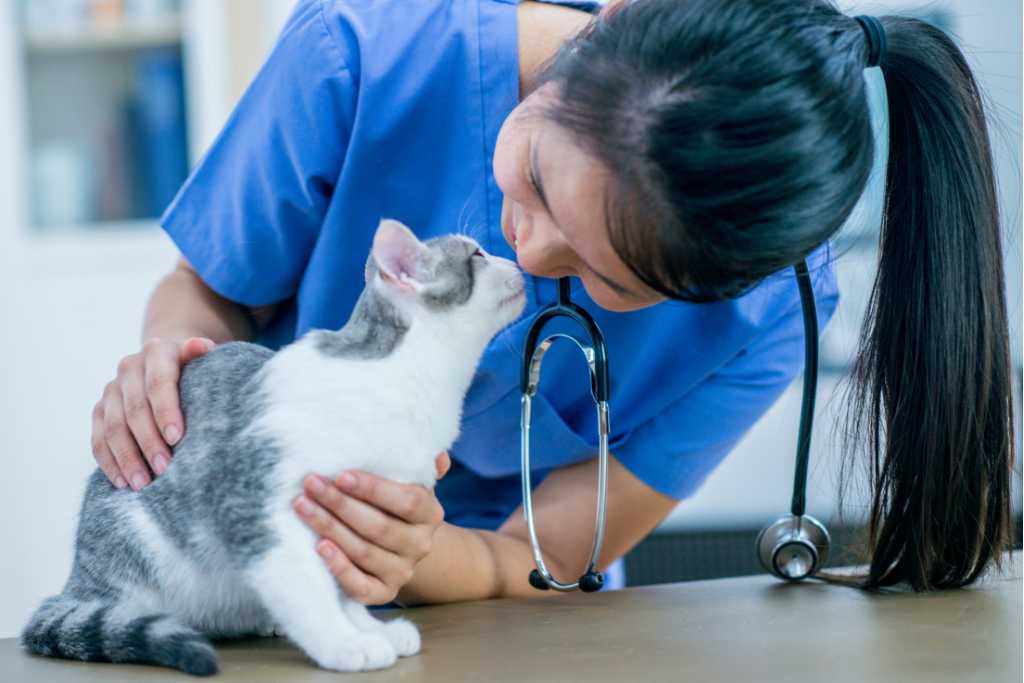$59.00
AWAY FROM FREE SHIPPINGNICE. SHIPPING IS ON US!
$120.00
AWAY FROM FREE GIFTCHOOSE A FREE GIFT DURING CHECKOUT!
YOUR CART IS EMPTY. SHOP NOW.
Regular visits to the veterinarian play a crucial role in maintaining your cat's health and detecting any potential issues early on. The frequency of these vet visits varies at different stages of your cat's life, from kittens to matured and senior cats. How often you take your cat to the vet depends on their age as well as their general health status. We have prepared a guide on what is regarded as ‘best practice’ for keeping cats in good health and ensuring their wellbeing. Here’s an overview of veterinarian health checks for the different maturity stages; from kittens to seniors. By understanding these guidelines, you can ensure your cat leads a long and healthy life.

The early stages of a kitten's life are crucial for growth and development. During this period, they require frequent vet visits to monitor their health and provide essential vaccinations. The initial visit should ideally take place when the kitten is between 6 to 8 weeks old. The veterinarian will perform a comprehensive physical examination, check for any congenital issues, and assess overall health.
Immunizations start at 6-8 weeks of age and are repeated every 3-4 weeks until the kitten is 4 months old. Vaccination schedules vary, but most kittens receive a series of shots - two or three vaccine injections, often finishing at 16 to 20 weeks of age. Kittens receive a series of vaccinations to protect them from common diseases but the specific guidelines and requirements for vaccination may vary from country to country as different countries have different prevalence rates for certain diseases. Please consult with your vet for more details on the core and non-core vaccines. Core vaccines are considered essential for all cats regardless of their lifestyle or environment because they protect against highly contagious and potentially life-threatening diseases. Non-core vaccines target diseases that are either region-specific or are only a concern for certain groups of cats, such as those with specific lifestyles or in high-risk environments.
Each check is important, your vet will do a full examination at each visit and discuss many other important aspects of cat care with you as your kitten develops. Other key aspects of a kitten’s vet visit include parasite control, nutrition and neutering. Kittens are susceptible to internal and external parasites and regular checkups allow the vet to assess and provide appropriate treatment for worms, fleas, and ticks. Proper nutrition is vital for the kitten's growth and all kittens must be fed kitten formula like this Wellness Core Kitten Deboned Turkey, Turkey Meal & Deboned Chicken Dry Cat Food. Here’s a good quality wet kitten formula for parents preferring wet cat food - Kit Cat Kitten Chicken Flakes Aspic Grain Free Wet Cat Food. Some cat parents will feed a mixture of dry and wet cat food. Your veterinarian can offer dietary recommendations based on the kitten's age and health.

As your cat enters the junior stage, they continue to develop physically and behaviourally. Regular vet visits during this phase ensure that they are growing appropriately and adapting well to their environment. For Junior cats, veterinary checks are recommended every 6 months, as this too is a period of rapid change. The vet will monitor your cat's growth and development to ensure they are hitting their milestones. Any deviations can be addressed promptly. If not done earlier, this is a good time to discuss neutering with your vet.
Junior cats can be more prone to behavioural issues compared to other life stages. This period is often referred to as the "adolescent" or "teenage" phase for cats, and it is a time of significant physical and behavioural changes as they transition from kittens to adults. So, one important aspect of your vet visit may be junior’s enrichment and training.
Junior cats are full of energy and curiosity, which can lead to increased playfulness and hyperactivity. They may engage in more rough play, exhibit aggressive behaviours towards other pets or humans during play sessions, and show a tendency to explore their environment more vigorously. Their high energy level and curiosity can quickly turn destructive if not addressed properly and promptly. Junior cats will need plenty of enrichment like interactive toys, scratchers, and climbing structures. If you're experiencing significant behavioural challenges with your junior cat, do consult your veterinarian for guidance and support. The vet can provide advice and solutions for any behavioural challenges.

During adulthood, cats generally require fewer vet visits than in their earlier stages. However, regular checkups are still essential to maintain their well-being and detect any potential health issues. Annual visits allow the vet to perform a thorough examination, assess overall health, and update vaccinations if necessary. Obesity is common in adult cats and can lead to various health problems. Some adult cats may need specialised indoor cat food like this FirstMate Indoor Cat Formula Grain-Friendly Dry Cat Food for better weight management. It is good to discuss your adult cat’s diet with your vet during the annual health checks. Your vet can advise on proper nutrition and weight management strategies.

As your cat enters the mature and senior years, they become more susceptible to age-related conditions. This is the time when more obvious signs of ageing may develop and when cats are much more prone to developing a wide range of age-related diseases. Regular vet visits become even more crucial during this stage to catch and manage health issues promptly. For senior cats (cats above the age of 11 years), it is advisable to see the vet twice yearly. Biannual checkups are highly recommended for senior cats to help monitor age-related conditions like arthritis, kidney disease, and diabetes. Regular blood and urine tests may be recommended by your vet to help detect early signs of organ dysfunction and other health issues.
Senior cats may have different nutritional requirements and will require a senior cat food formula. Some may require nutritional supplements to support their ageing bodies. Joint supplement like this NaturVet ArthriSoothe GOLD (Level 3) Advanced Care Soft Chew Cat & Dog Supplement is a common supplement given to mature and senior cats. The vet can recommend appropriate diets and nutritional supplements to support their ageing bodies.

Regular veterinarian visits are essential at every stage of your cat's life. From the early developmental stages of kittens to the special care needed for mature and senior cats, proactive veterinary care can enhance your feline friend's quality of life and ensure they remain healthy and happy for years to come. Remember, a little investment in preventive healthcare can go a long way in providing your beloved cat with a lifetime of love and care.

Comments will be approved before showing up.



